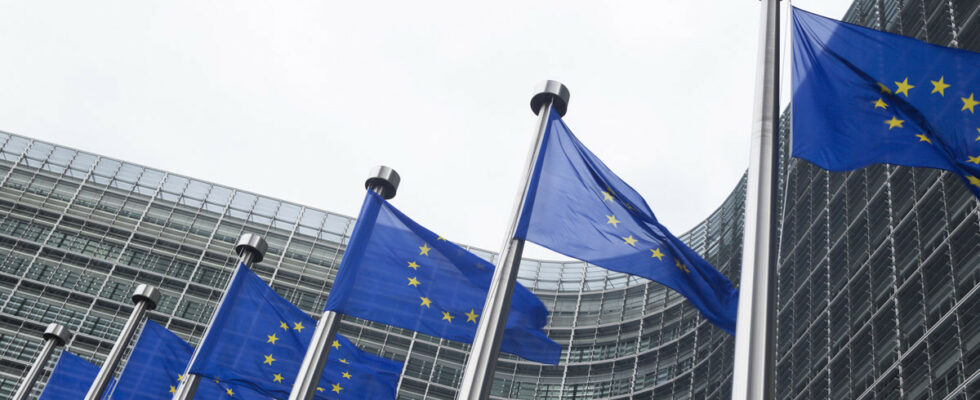The European Union announces that it has reached an agreement on the rules that will be put in place to control the development of artificial intelligence.
In 2023, artificial intelligence has become a technology to which all eyes are turning, and which seems to harbor exceptional potential. But such power also necessarily carries with it a great danger, which pushes large governments, like that of the European Union, to legislate. Thus, for several months, an AI Act has been discussed in the European Parliament. And a decisive breakthrough has just taken place.
A first major legislation on AI
European Digital Commissioner Thierry Breton today welcomed X.com. He has in fact just announced that “ EU becomes first continent to establish clear rules for the use of AI. »
The famous AI Act he is talking about will thus install constraints which will contribute to better respect for copyright on the part of AI systems, thanks to rules which will make it possible to know the data used by the algorithms. Faced with the danger of false creations generated by AI, and which can pass themselves off as real, constraints will also emerge so that all AI productions are recognized as such by the public.
Furthermore, a category of “high risk” AI will be created by the new regulations. Systems falling under this name will be subject to many more obligations than others.
A result too fast?
The legislator’s objective with these rules is to be able to maintain control over a technology that can potentially escape human control while avoiding slowing down innovation. A compromise that does not convince everyone. “ Speed appears to have prevailed over quality, with potentially disastrous consequences for the European economy » complained the Europe manager within the IA Computer and Communications Industry Association (CCIA) lobby, Daniel Friedlaender.
However, if new obligations will emerge, the prohibitions will be relatively few in number. They will concern systems contrary to the values of the European Union, which, apart from certain special cases (such as terrorism), cannot be used on the territory of the old Continent. Remote biometric identification, mass surveillance or citizen rating will therefore not be accepted in Europe. A first step forward to welcome?
Source : The world

23